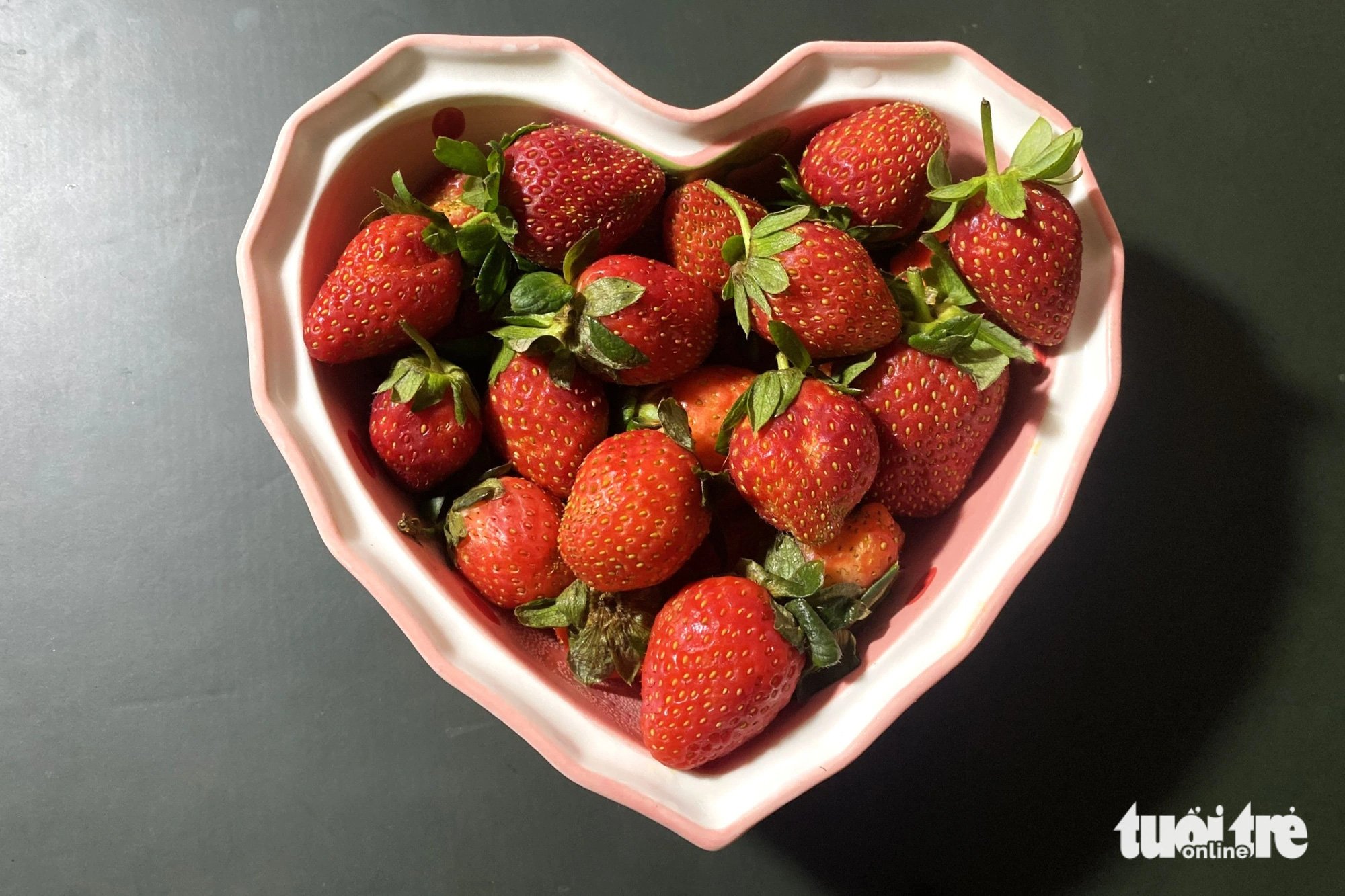
Experts say that after eating fruit, especially the kind with a lot of sugar, the body will produce a certain amount of alcohol - Photo: XUAN MAI
In the context of Decree 100 still in effect, with the penalty for violating alcohol concentration while driving being regulated at a threshold not exceeding 50mg/100ml of blood or not exceeding 0.25 mg/liter of breath; many people are looking into which foods when eaten can easily produce alcohol concentration to avoid being "unfairly" fined.
Be careful with sugary fruits and dishes flavored with alcohol...
According to Dr. Truong Hong Son - Vietnam Institute of Applied Medicine, in fact, fruits containing a lot of sugar such as bananas, rambutans, jackfruit, lychees..., or alcoholic beverages made from fruits can naturally ferment after use and produce a certain amount of alcohol.
In case of recent consumption of these foods, alcohol concentration can be measured even at very small values.
In addition, some people with gastroesophageal reflux syndrome are also at high risk of detecting alcohol concentration in the breath. The time to eliminate alcohol concentration is about 15-30 minutes depending on how much you eat.
According to Dr. Nguyen Huy Hoang - Vietnam - Russia High Pressure Oxygen Center, in Vietnamese dishes, there are some dishes that use alcohol as spices, especially some seafood dishes such as beer-steamed fish, beef hotpot with vinegar, beef in red wine sauce...
Because the spices are wine and beer, it contains alcohol, although not much.
Although eating these foods does not affect driving, it still causes breath alcohol concentration.
In addition to the above fruits and alcoholic fruit drinks, Associate Professor Nguyen Hoai Nam (Ho Chi Minh City University of Medicine and Pharmacy Hospital) said that foods rich in carbohydrates (rice, noodles, pho...), rich in fiber (green vegetables), and yogurt also create "exogenous" alcohol concentrations after eating, especially after eating too much in the evening, making food difficult to digest, producing alcohol concentrations.
Rinse your mouth, drink more water, and avoid eating too much at night.
To avoid raising the alcohol concentration even though you did not drink alcohol or beer but only ate foods containing alcohol, Dr. Hoang recommends that after eating, you should rest for 30 minutes, rinse your mouth, and drink more water. If the measurement is still high, you can ask the staff to let you rest for another 15 minutes and then measure again.
Associate Professor Nguyen Hoai Nam further instructed that it is necessary to limit overeating, eating a lot of fruit in the evening, especially for patients with digestive diseases because it will cause more stomach discomfort and last until the next day. At this time, our body has a higher alcohol concentration because the food after eating has not been fully digested.
According to Dr. Hoang, the World Health Organization (WHO) introduced the concept of alcohol unit. One alcohol unit is equivalent to 10g of pure ethanol, equal to 200ml of beer; 75ml of wine (1 glass); 25ml of spirits (1 cup). Depending on the amount of alcohol consumed, it will be converted to approximately how many alcohol units.
"For a healthy adult, the liver will eliminate 1 unit of alcohol every hour. This is an average number. However, it depends on each person, such as people with weak livers or people with a higher weight than average, this period of time can increase or decrease.
In addition, pathological factors, age, weight or when the stomach contains a lot of food, the rate of alcohol absorption in the stomach will be slow and the rate of alcohol excretion will also be slow," Dr. Hoang warned.
Source







![[Photo] National Assembly Chairman Tran Thanh Man receives First Vice Chairman of the Federation Council of the Federal Assembly of the Russian Federation](/_next/image?url=https%3A%2F%2Fvphoto.vietnam.vn%2Fthumb%2F1200x675%2Fvietnam%2Fresource%2FIMAGE%2F2025%2F12%2F02%2F1764648408509_ndo_br_bnd-8452-jpg.webp&w=3840&q=75)

















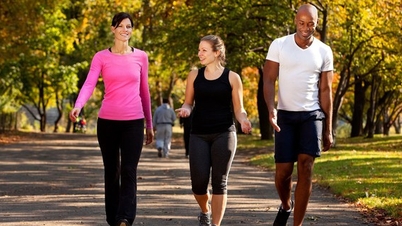
































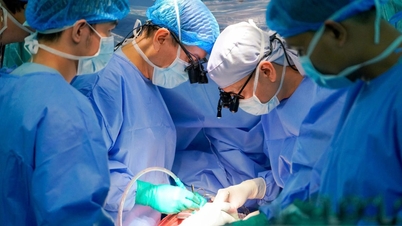




















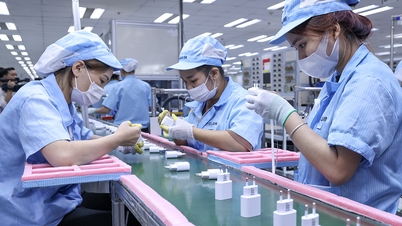

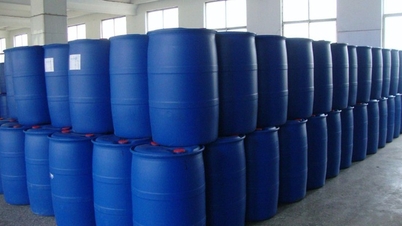




























Comment (0)